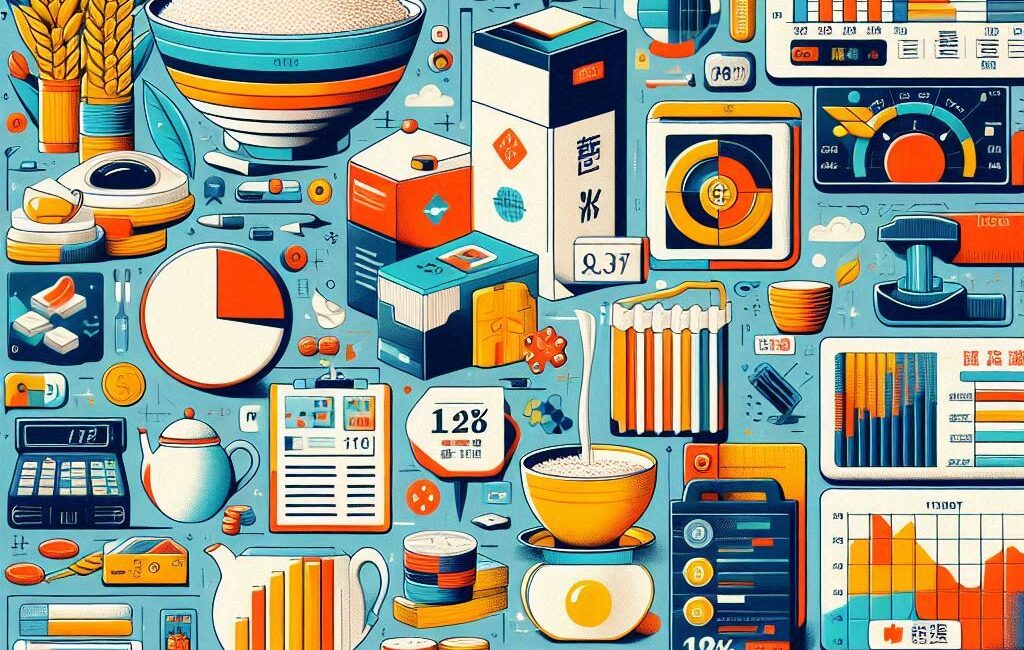Taiwan’s Legislative Yuan recently passed amendments to the Commodity Tax Act, exempting packaged sugar-free beverages as well as four major household appliances—televisions, video recorders, phonographs, and tape recorders—from the commodity tax. Alongside the reform, lawmakers requested the Ministry of Finance and consumer protection agencies to monitor whether businesses pass on the benefits of these tax reductions to consumers.
Following is the discussion agenda I set for an online – interview with TVBS reporter Ms. Hsieh on 13th Aug 2025

Full discussion with Ms. Hsieh can be retrieve here(in Chinese): https://www.taiwanbiztax.info/2025/08/13/taiwan-recent-commodity-tax-reform/
- Discussion Agenda:Interview of Taiwan’s recent Commodity Tax Reform
- Why was the Commodity Tax introduced?
The Commodity Tax was originally introduced during wartime to meet urgent fiscal needs. After the government relocated to Taiwan, it became a major source of revenue during the period of economic takeoff, accounting for around 18% of fiscal income. In the 1970s–80s, the tax was reframed as a tool to curb luxury consumption, and many taxable items were gradually removed.
Today, the tax generates around NT$180 billion annually, but it now represents less than 5% of total tax revenue. Over 90% of collections come from motor vehicles and energy products. - Does the Commodity Tax lack legitimacy?
Fundamentally, the Commodity Tax is a consumption tax. When the value-added tax (VAT) was introduced in 1986, the Legislative Yuan had already decided that the Commodity Tax should eventually be abolished or merged into VAT—yet the tax still remains.
The tax creates multiple distortions:
- Double taxation: Motor vehicles already bear license taxes, tariffs, fuel fees, and carbon charges—adding a commodity tax is redundant.
- Beverages: Packaged drinks are taxed, but hand-shaken drinks are not, even though the latter has grown into a much larger market. If taxation is justified on the basis of sugar content, why aren’t sugary hand-shaken drinks, cakes, or pastries taxed?
- Appliances: Only certain appliances like refrigerators and air conditioners are taxed, while other high-energy products such as washing machines and hair dryers are excluded.
- Raw materials: Tires, flat glass, and cement are taxed without rationale, merely creating cascading “tax-on-tax” effects in downstream products.
In short, most taxable items have no consistent or reasonable justification. The tax is discriminatory and functions as an additional layer of consumption tax. Fiscal importance or ease of collection cannot justify maintaining a tax that is unconstitutional and inequitable.
- How should reform proceed?
- Option 1: Full abolition. Since the Commodity Tax is discriminatory and duplicative, it should be completely eliminated.
- Option 2: Gradual phase-out. If immediate abolition is considered too fiscally disruptive, non-essential items should be removed first, keeping only vehicles and energy products. The remaining categories can then face step-by-step tax reductions until the tax is phased out entirely.




